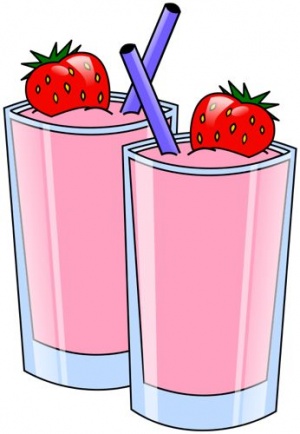Smoothie Capacity Challenge: Difference between revisions
From OER in Education
No edit summary |
JanetBlair (talk | contribs) (linked directly to doc download) |
||
| (4 intermediate revisions by the same user not shown) | |||
| Line 2: | Line 2: | ||
|type= Lesson idea | |type= Lesson idea | ||
|attribution={{ | |attribution={{Paul Warwick}} {{Fritha Fletcher}} | ||
|final=yes | |final=yes | ||
|title= Smoothie Capacity Challenge | |title= Smoothie Capacity Challenge | ||
| Line 8: | Line 8: | ||
|topic= capacity | |topic= capacity | ||
|subject= maths | |subject= maths | ||
|resourcenumber= | |resourcenumber= M0019 | ||
|age= Primary | |age= Primary | ||
|content= This activity is intended to help young children understand the concept of the capacity of a container being something that can be measured and compared. It is intended that they develop a very practical understanding of this principle as preparation for investigating measuring capacity in both non-standard and standard units. | |content= This activity is intended to help young children understand the concept of the capacity of a container being something that can be measured and compared. It is intended that they develop a very practical understanding of this principle as preparation for investigating measuring capacity in both non-standard and standard units. | ||
| Line 21: | Line 21: | ||
|other= | |other= | ||
|format= | |format= | ||
|resources= | |resources= | ||
*download the document here {{file|Smoothie_Capacity_Challenge-M0019.doc}} or | |||
*view it on the wiki [[Smoothie Capacity Challenge/Lesson Document]] | |||
}} | }} | ||
[[Category:Primary]] [[Category: Maths]] | [[Category:Primary]] [[Category: Maths]] | ||
Latest revision as of 08:18, 18 October 2012
Investigating capacity and getting wet wet wet...
Lesson idea. This activity is intended to help young children understand the concept of the capacity of a container being something that can be measured and compared. It is intended that they develop a very practical understanding of this principle as preparation for investigating measuring capacity in both non-standard and standard units.
Teaching approach. This is a practical session to be used with a whole class in small groups(ta) of 2 or 3 –perhaps with the added supervision of a teaching assistant if the class is excitable or particularly young. There is scope within this activity for the following different methods of learning:
- Whole class(ta) dialogue - Discussion of each part of the activity
- Open-ended questions(ta) – How can we find out if the containers hold the same amount? What can we tell just by looking at them?
- Project work – as part of a wider maths topic on measuring volume and capacity.
- Enquiry-based learning(ta) – children are discovering the answer to questions that they are encouraged to pose themselves.
- Arguing and reasoning(ta) – persuading each other about their ideas.
- Exploring ideas – developing practical, physical understanding of key mathematical principles. (edit)
| Resource details | |
| Title | Smoothie Capacity Challenge |
| Topic | |
| Teaching approach | |
| Learning Objectives |
|
| Format / structure | |
| Subject | |
| Age of students / grade | |
| Table of contents | |
| Additional Resources/material needed | |
| Useful information | |
| Related ORBIT Wiki Resources | |
| Other (e.g. time frame) | |
| Files and resources to view and download |
|
| Acknowledgement | Contributed by Paul Warwick. |
| License | |

